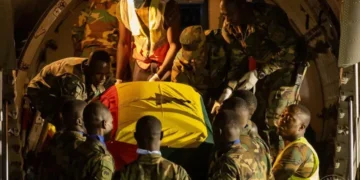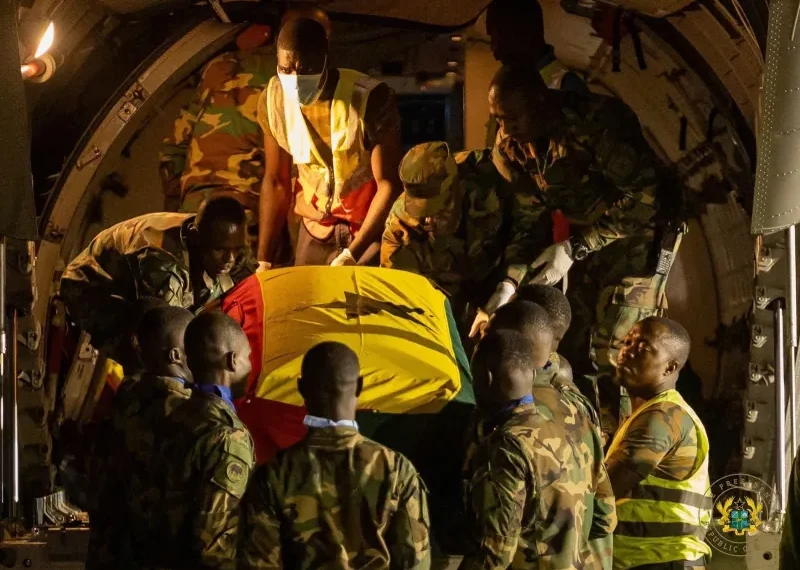A security consultant Richard Kumadoe has defended the government’s decision to send samples from persons that died in the helicopter crash to South Africa for a forensic investigation, specifically DNA testing. He describes the move as a strategic one noting that it does not breach any national security protocol as being speculated by a section of Ghanaians.
Speaking on Happy FM’s Morning Show with host Sefah-Danquah, Mr. Kumadoe said seeking international assistance in times of crisis is standard practice among nations. “When other nations are in distress, they come to your aid, particularly in terms of crime, fire outbreaks and disasters and we, as a nation, have also helped others,” he noted.
Kumadoe explained that outsourcing the forensic investigation or testing to South Africa not only safeguards the integrity of the investigation but also ensures the outcome can stand beyond reasonable doubt. He stressed that no country possesses every resource or expertise at all times, adding that “although I suspect Ghana must get many of the things it needs, you don’t get everything at all times. There are various types of expertise and technical abilities.”
While supporting the idea of Ghana developing its own advanced forensic facilities, Kumadoe cautioned against interpreting foreign collaboration as a compromise of national security. He pointed out that even countries like the United States, Britain, Russia and Australia request external assistance when necessary. “In the case of COVID, wasn’t it China that produced the face masks? That is how it works,” he said.
He further explained that national security operates in various forms, citing how police officers led the convoy when the bodies from the incident were transported. For him, learning from other countries and leveraging their strengths is part of building a stronger security framework. “As a matter of fact, we need to have many of the things we require, but there is nothing wrong with an investigation being done in South Africa,” Kumadoe concluded.
He stressed that international collaboration should be seen as a strategic advantage and not as a weakness.



















